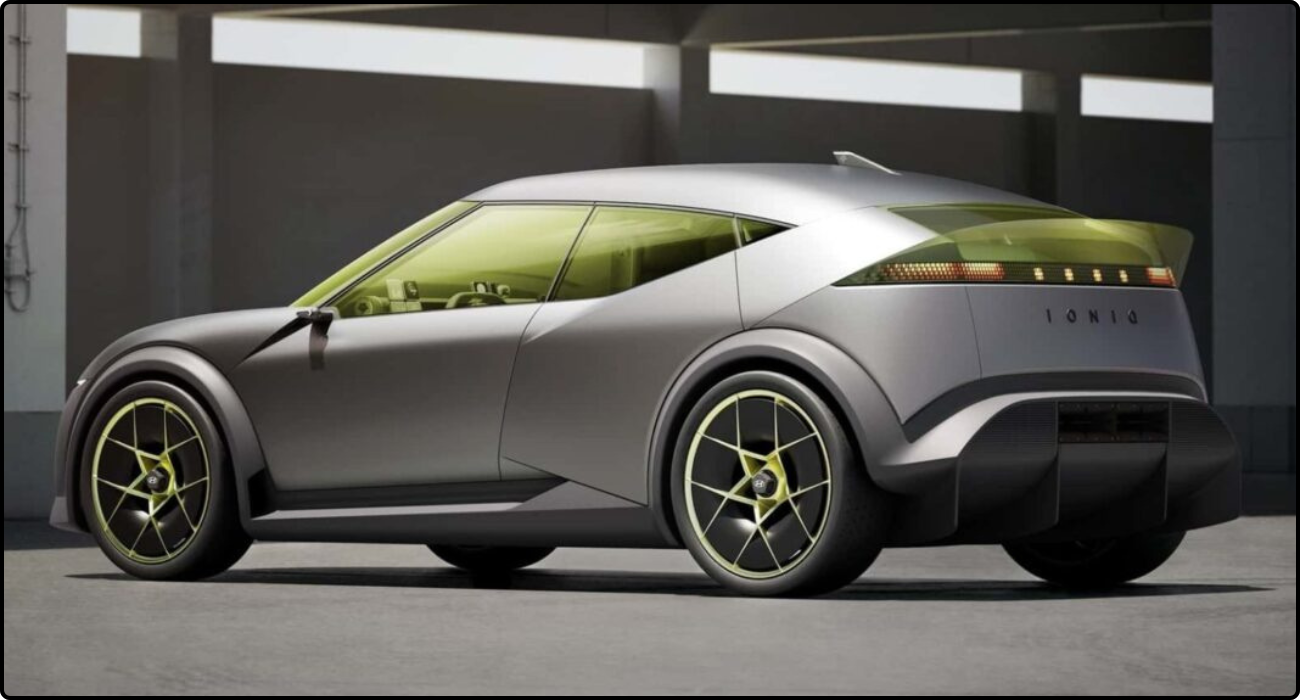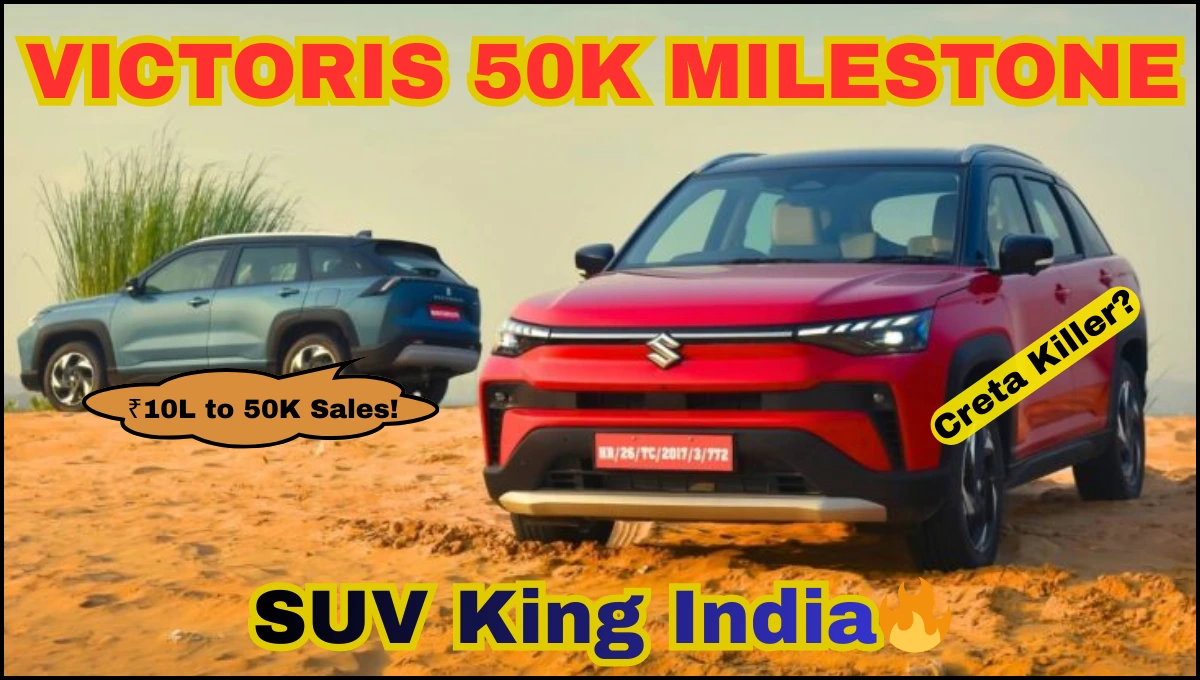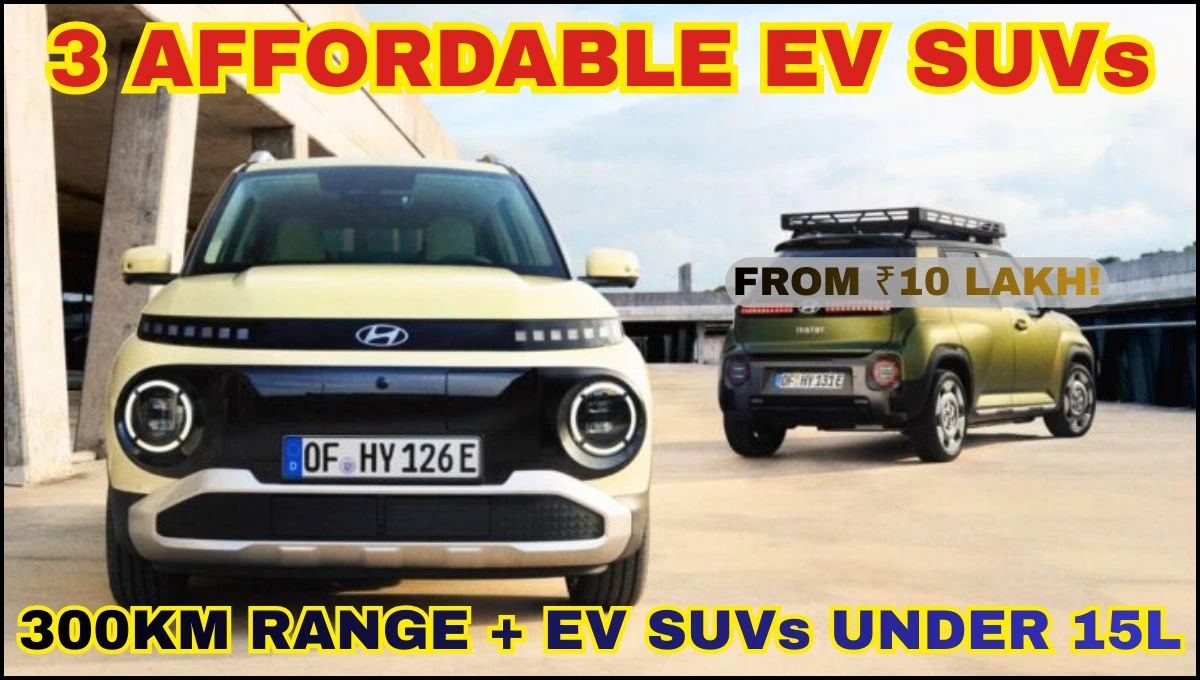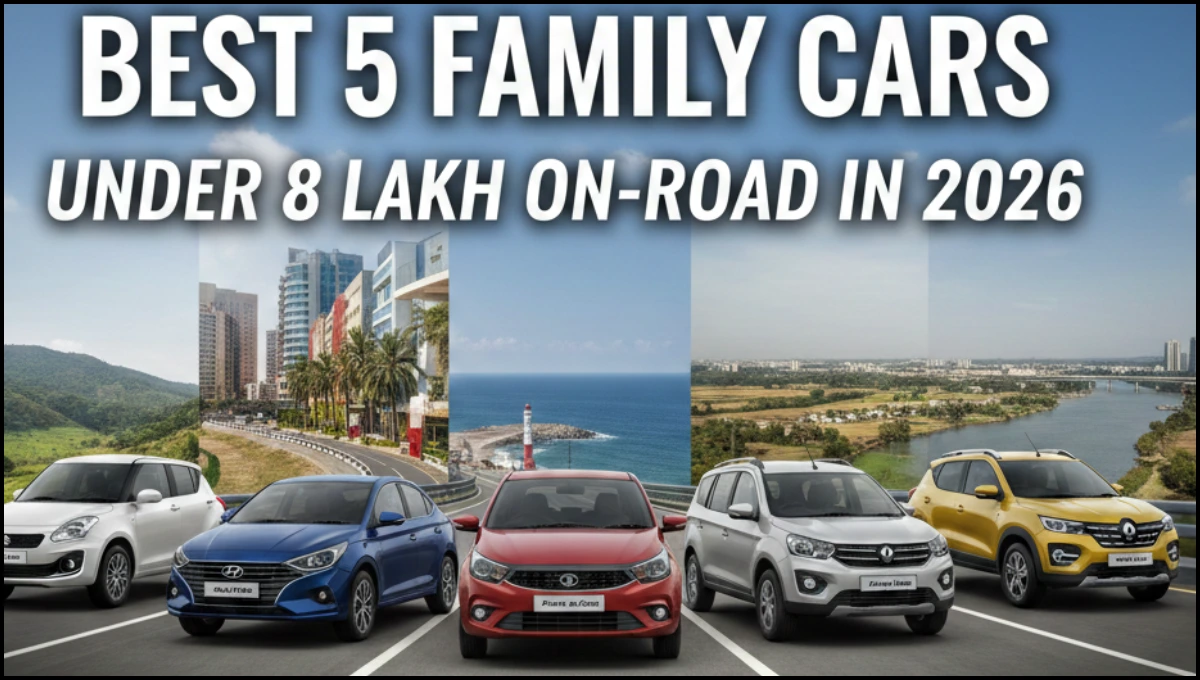Hyundai sets out 2030 ambitions with 5.55M annual sales, 60% electrified cars, India-made EVs, new hybrids, extended range EVs & next-gen software innovation.
Introduction: Hyundai Sets Out 2030 Ambitions
In a landmark announcement, Hyundai sets out 2030 ambitions with one of the most comprehensive transformation plans in the auto industry. At its first CEO Investor Day outside Korea, held in New York, Hyundai Motor Company laid out a vision focused on electrification, global manufacturing expansion, and software-driven vehicles.
By 2030, Hyundai aims for 5.55 million annual sales, with 3.3 million coming from electrified vehicles, marking nearly 60% of its total output. This includes hybrids, plug-in hybrids, battery EVs, and upcoming extended-range EVs.

Hyundai Sets Out 2030 Ambitions for Sales & Electrification
- Annual Target Sales: 5.55 million units by 2030.
- Electrified Vehicles: 3.3 million, or 60% of sales.
- Hybrid Models: More than 18 new launches by decade-end.
- Extended Range EVs: Debuting in 2027 with 965 km (600 miles) range.
By pursuing these ambitious numbers, Hyundai sets out 2030 ambitions to establish itself as a leader in both EVs and hybrid markets.
India at the Core: Hyundai Sets for Local EV Production
For the first time, Hyundai confirmed an India-made EV. This move underscores the country’s importance as both a domestic EV market and an export hub. By localizing production, Hyundai ensures affordability, accessibility, and stronger competition with rivals in India’s fast-growing EV sector.
Hyundai Sets Out 2030 Ambitions with Extended Range EVs
One of the most exciting developments is the introduction of Extended Range Electric Vehicles (EREVs). Launching in 2027, these models will:
- Deliver 965 km+ range.
- Use battery-engine integration.
- Reduce battery size without sacrificing performance.
- Eliminate range anxiety for long-distance drivers.
This innovative approach proves how Hyundai sets out 2030 ambitions to revolutionize EV driving experiences.
Hyundai Sets Out 2030 Ambitions for Pickups & Commercial Vehicles
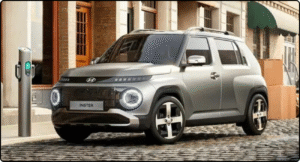
Hyundai is not limiting its focus to sedans and SUVs. Instead, Hyundai sets out 2030 ambitions to diversify its portfolio:
- North America Pickup Return: A new mid-size truck by 2030, building on the Santa Cruz.
- Commercial Vehicles: Fuel-cell trucks and vans tailored for the U.S. and other global markets.
- Hydrogen Power: Shifting focus from passenger cars to commercial fleets for cleaner logistics.
Hyundai Sets Out 2030 Ambitions with Software-Defined Vehicles
Future Hyundai cars will run on Software-Defined Vehicle (SDV) architecture, enabling:
- Over-the-air (OTA) updates.
- AI-powered features.
- Cloud-based battery management system (launching 2026).
- Customisable services and safety improvements.
This highlights how Hyundai sets out 2030 ambitions not just in vehicles, but in cutting-edge software ecosystems.
Hyundai Sets Out 2030 Ambitions for Battery Innovation
Battery technology is central to Hyundai’s strategy:
- 30% cost reduction by 2027.
- 15% higher energy density.
- 15% faster charging times.
- Safety enhancements with thermal runaway prevention.
These advancements ensure Hyundai’s EVs remain competitive, efficient, and reliable.
Hyundai Sets Out 2030 Ambitions for Global Manufacturing
Hyundai plans to aggressively expand global manufacturing:
- Hyundai Motor Group Metaplant America (HMGMA, Georgia): 500,000 units annually by 2028, creating 3,000 jobs.
- Expansion in India, Korea, and Saudi Arabia.
- Software-Defined Factories: Automation, predictive diagnostics, and Boston Dynamics robotics.
With this, Hyundai sets out 2030 ambitions to add 1.2 million units in capacity by 2030.
Genesis Growth: Hyundai Sets Out 2030 Ambitions in Luxury Segment
Luxury arm Genesis plays a critical role in Hyundai’s roadmap:
- Sales Target: 350,000 cars annually by 2030.
- Portfolio: Hybrids, BEVs, and EREVs.
- Concepts: Neolun and X Gran Coupe showcase future design.
- Motorsport: Genesis Magma racing program to bring performance tech into road cars.
This reflects how Hyundai sets out 2030 ambitions to dominate the premium EV space.
Financial Commitment: Hyundai Sets Out 2030 Ambitions with $50 Billion Investment
Hyundai has raised its 2030 investment outlay to KRW 77.3 trillion (€50 billion):
- Focus Areas: R&D, new factories, strategic partnerships.
- Revenue Growth Target: 5–6% annually.
- Operating Margin Goal: 8–9% by 2030.
- Shareholder Returns: 35% payout via dividends and buybacks.
Hyundai Sets Out 2030 Ambitions Through Partnerships
To support its roadmap, Hyundai is collaborating with:
- Waymo: Autonomous driving.
- Amazon: Online car sales.
- General Motors: EV collaborations.
- Boston Dynamics: Robotics integration.
These alliances strengthen how Hyundai sets out 2030 ambitions across multiple technological fronts.
FAQs on Hyundai Sets Out 2030 Ambitions
Q1: What does Hyundai’s 2030 plan include?
Hyundai sets out 2030 ambitions to achieve 5.55 million sales annually, with 60% electrified models.
Q2: Will India get a locally built Hyundai EV?
Yes, Hyundai has confirmed an India-made EV, making India a key part of its global EV expansion.
Q3: What are Extended Range EVs (EREVs)?
EREVs combine battery and petrol generator systems to deliver 965 km+ range with smaller batteries.
Q4: How is Hyundai improving battery technology?
By 2027, Hyundai will cut battery costs by 30% and improve energy density by 15%.
Q5: What role does Genesis play in the 2030 roadmap?
Genesis will fully electrify its lineup and aim for 350,000 annual sales by 2030.
Also Read : 3 Upcoming Kia Premium SUVs in India 2026
Q6: Is Hyundai investing in hydrogen fuel cells?
Yes, but mainly for commercial vehicles like trucks and vans.
Q7: How much is Hyundai investing in this roadmap?
Hyundai is investing KRW 77.3 trillion (€50 billion) through 2030.
Hyundai Sets Out 2030 Ambitions to Lead the EV Revolution
By confirming India-made EVs, committing to advanced battery technology, and rolling out EREVs, hybrids, and luxury EVs, Hyundai is on a mission to reshape the global auto market.
